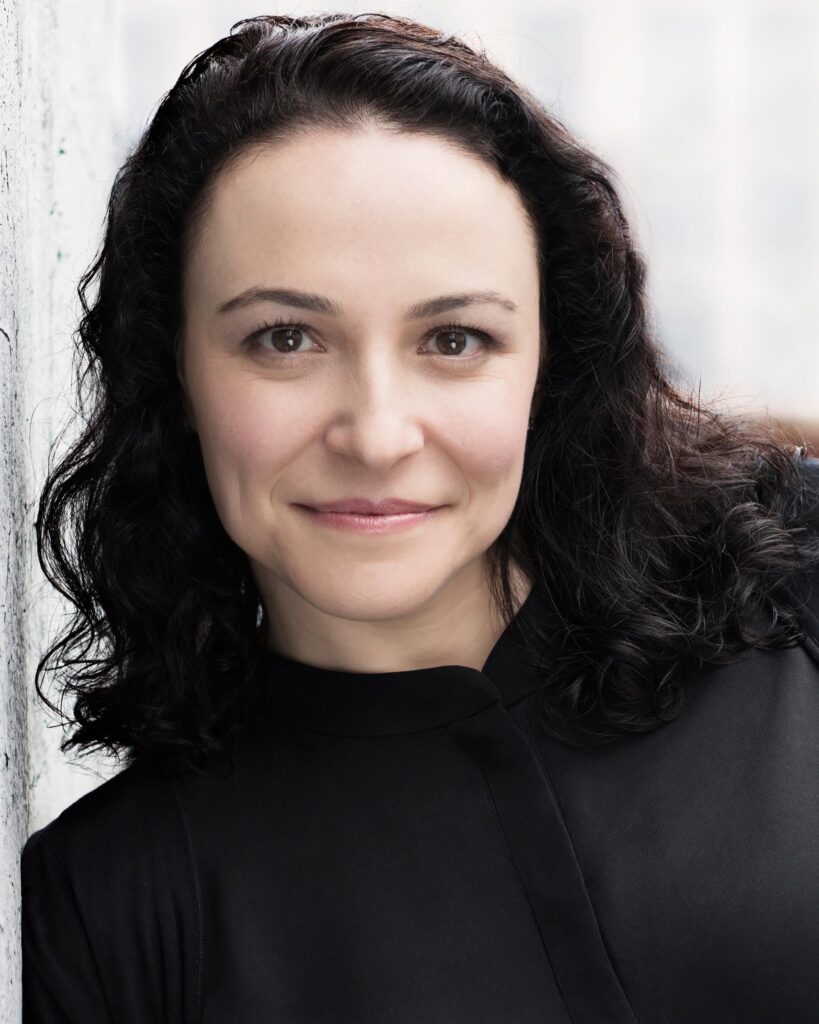Since March, I have received a steady stream of client requests on how they can identify and address extreme stress levels within their teams—not to mention their own lives. Their teams act distracted and downtrodden, sometimes missing commitments and important email messages.
My coaching often focuses on helping clients create greater calm and focus in their daily schedules. Their mental health concerns and team behaviors are clearly affecting their bottom line. For example, one mid-market CMO recently told me that team engagement and productivity has reached all-time lows. They are seeing a 30% increase in sick days compared to 2019.
The impact of the pandemic and heightened social tensions reaches far beyond the virus.
I recently connected with Dr. Anna Yusim to understand some of mental health challenges facing executives in the midst of the pandemic, and how we can use mindfulness to help overcome them. Anna and I are both members of the Marshall Goldsmith 100 Coaches Community.
Here are excerpts:
As a seasoned health professional, what mental health struggles are you seeing among executives?
As a medical doctor and executive coach working with executives across the globe, I have seen my clients struggle during the pandemic. Many executives have described experiencing at least one of the following over the past 7 months:
- Waking up with unfamiliar anxiety
- Becoming numb
- Increased use of alcohol or drugs to deal with anxiety
- Uncontrollable anger
- Constant agitation
- New onset of heart palpitations
- Crying in the middle of the day without any apparent trigger
- Wanting and needing to increase their antidepressants, anti-anxiety medications, and sleep medications
- “Double depressed” – people who are already depression and then have a very acute stressful situation added on top of this
(Lisa’s note: In some cases, my clients have over-identified their importance with their careers. Suddenly, they have discovered other priorities are worth exploring or pursuing. This has caused a few of my clients to face an existential crisis that led to persistent indecision, career stagnation, and irritability.)
What mindful practices do you recommend?
Presence: Practice being mindfully present with what is. Thank the present moment for being exactly as it is. There is wisdom and maturity that comes from being able to accept life on life’s terms.
Control: When you find yourself struggling with a lack of control, ask yourself, “Where do I have control over in this situation? What constructive steps can I take today to improve my experience and create more certainty in my life?”
Hope: Hope entails optimism, knowing there is always a light at the end of the tunnel, no matter how dark or long the tunnel may be.
Surrender: When we have done everything we can to improve a situation, often the final choice is to surrender. The act of surrender entails cultivating faith—in ourselves, in the situation, and in a force greater than ourselves. We open ourselves to possibilities and outcomes that before may not have been possible.
Surrendering to things that are out of our control can be as scary as it is empowering. But employing presence, controlling what you can, and holding on to hope can make doing so much easier.
Declaring a Mental Health Awareness Month barely scratches the surface of what’s needed during times of VUCA. We need to learn how to identify the early signs of a mental health breakdowns within our teams and ourselves. Make this a lifetime career commitment, not a one time event. Thank you, Anna, for giving us some guidance.
Anna will be our special guest in November for our private member gathering. If you are interested in learning more, or applying to The Marketing Growth Leaders™ peer community (formerly known as the Marketing Leaders of DC and Atlanta), contact Lisa.
About Dr. Anna Yusim

Dr. Anna Yusim is a Board-Certified Psychiatrist with a Private Practice in New York City. She is a Lecturer at Yale Medical School, where she is creating a Mental Health and Spirituality Program. Anna also published Fulfilled: How the Science of Spirituality Can Help You Live a Happier, More Meaningful Life. She has lived and worked in over 50 countries and presented at numerous national and international medical conferences. Learn more at annayusim.com.
